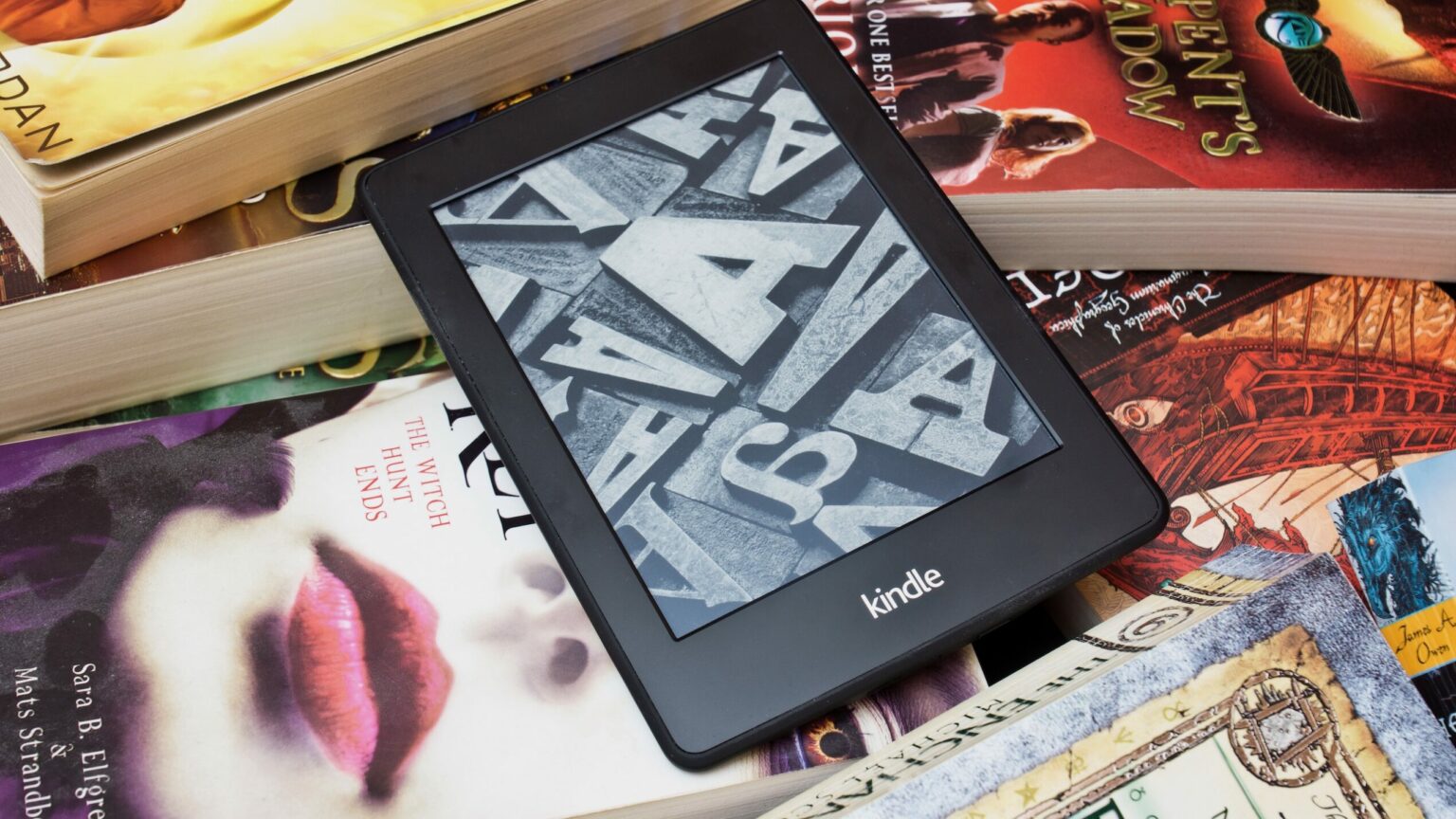Following the launch of AI-powered chatbot ChatGPT, AI-written e-books are booming in the Amazon Kindle store, reports Reuters.
As of mid-February, more than 200 e-books were found on Amazon’s Kindle store listing ChatGPT as either the sole author or co-author. Titles include “How to Write and Create Content Using ChatGPT,” “The Power of Homework,” and the poetry collection “Echoes of the Universe.”
The number of ChatGPT-authored e-books is steadily increasing on a daily basis. In fact, a new sub-genre of books solely about utilizing ChatGPT has emerged, and they are entirely authored by ChatGPT itself.
Publishing world discovers ChatGPT
The hype around AI chatbots has increased since the successful launch of ChatGPT by OpenAI in November. As the brainchild of OpenAI, it has the ability to write articles, compose music, write poems, and generate blocks of text. Other publishing sites have also approved the content generated by it.
Popular self-publishing site Medium has allowed content generated by AI, but it should be labeled as such. Similarly, tech news site CNET published several articles written by AI but suspended them because they contained factual errors, omissions, and plagiarism.
However, many authors have not disclosed their use of ChatGPT, and it is almost impossible to figure out how many e-books may have been written by AI and added to the Kindle store.
‘Dream come true’
Brett Schickler, a salesman in Rochester, New York, never imagined he could fulfil his dream of becoming an author. When he learned about ChatGPT, he told Reuters, “The idea of writing a book finally seemed possible.”
Schickler added, “I thought: I can do this” and proceeded to publish a 30-page illustrated children’s e-book on Amazon within just a few hours.
Numerous tutorials have emerged on platforms like YouTube, TikTok, and Reddit, showcasing how to create a book in a matter of hours. These tutorials cover a wide range of subjects, from get-rich-quick schemes and dieting advice to software coding tips and recipes.
“This is something we really need to be worried about, these books will flood the market and a lot of authors are going to be out of work,” opined Mary Rasenberger, executive director of writers’ group The Authors Guild.
Ghostwriting by humans has a long tradition, but the ability to automate with AI could turn book writing from a craft into a commodity, warned Rasenberger.
“There needs to be transparency from the authors and the platforms about how these books are created or you’re going to end up with a lot of low-quality books,” she said.
How to “write” a book in a day
In a YouTube video, an author known as Frank White demonstrated how he created a 119-page novella titled “Galactic Pimp: Vol. 1” about warring alien factions in a distant galaxy fighting over a brothel run by humans in less than a day. The e-book is available for just $1 on Amazon’s Kindle store. According to White, using AI, anyone with sufficient time and resources could produce as many as 300 similar books each year.
Many authors like White do not think it’s necessary to indicate in the Kindle store that their novels are written by ChatGPT. Amazon did not speak to Reuters in response to a query about the company’s plans to change or review its Kindle store policies.
Amazon spokesman Lindsay Hamilton did, however, make a statement saying, “All books in the store must adhere to our content guidelines, including by complying with intellectual property rights and all other applicable laws.”
Experts: ChatGPT could improve education
Experts believe that ChatGPT could improve education, despite being banned in schools in the US, India, and France.
Dr. Catherine McClellan, deputy chief executive for the Australian Council of Educational Research, said that the technological threats to education are nothing new.
“Every advance in learning technology, paper, slate, chalk, every piece of tech, has been called the death of learning, So I don’t think panicking and saying ‘you can’t touch that’ is the way to go – it is how we use it so it is valuable for students,” she said.
The educator might focus on how the AI technology could improve education, as it can generate a complete lesson plan with a simple command.
“Chatbots such as ChatGPT are innovations that are here to stay, but rather than avoiding or banning them, it’s far more beneficial for teachers to explore and experiment with them to get a better sense of what is possible,” said George Siemens, a Professor at the University of South Australia.
The AI tool can serve as a valuable resource to plan, generate ideas, and organize weekly lessons. Additionally, it can save time for teachers to focus on connecting and engaging with students, leading to the creation of more personalized learning opportunities, Siemens suggests.
The professor believes that teaching is rapidly changing, and by understanding how AI can complement education, educators can better prepare students for a future where they’ll be competing with the best and brightest.









 and then
and then